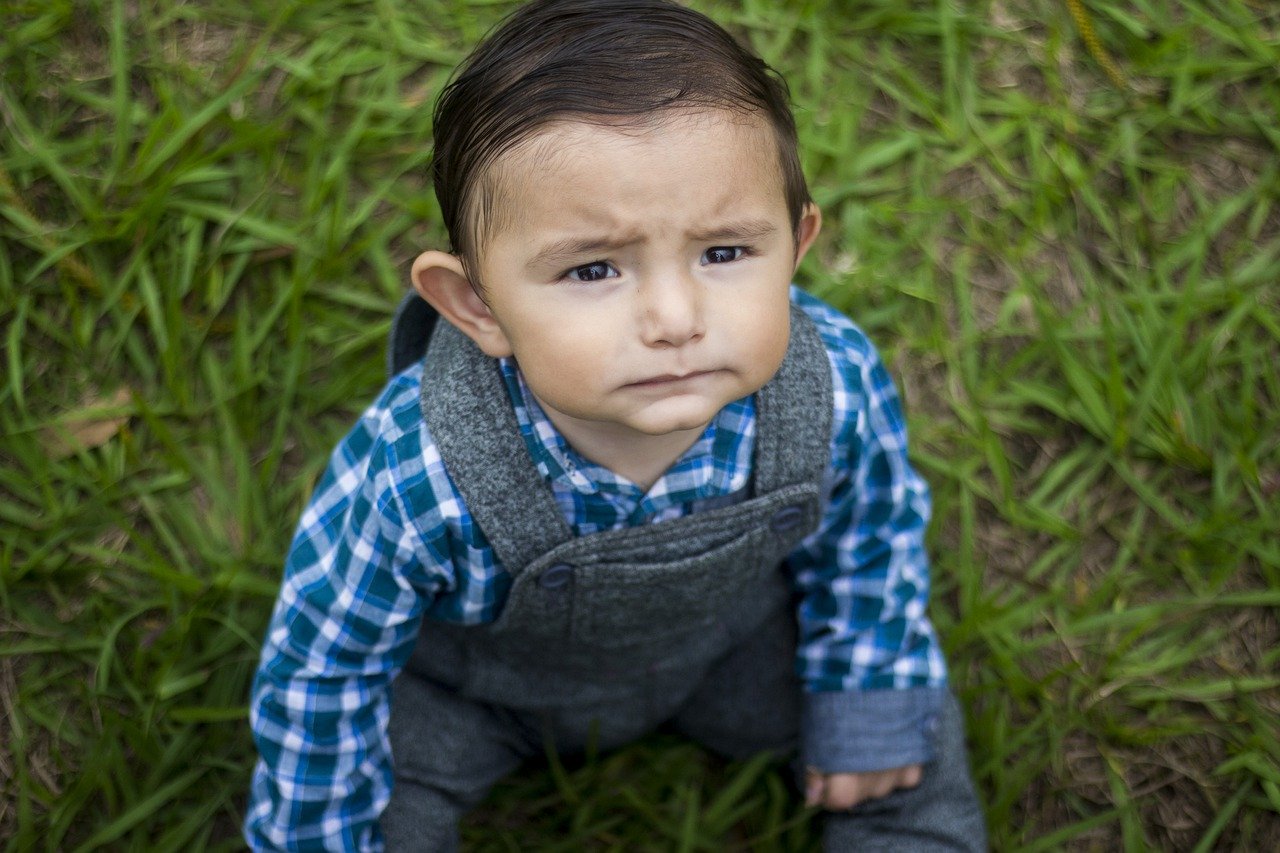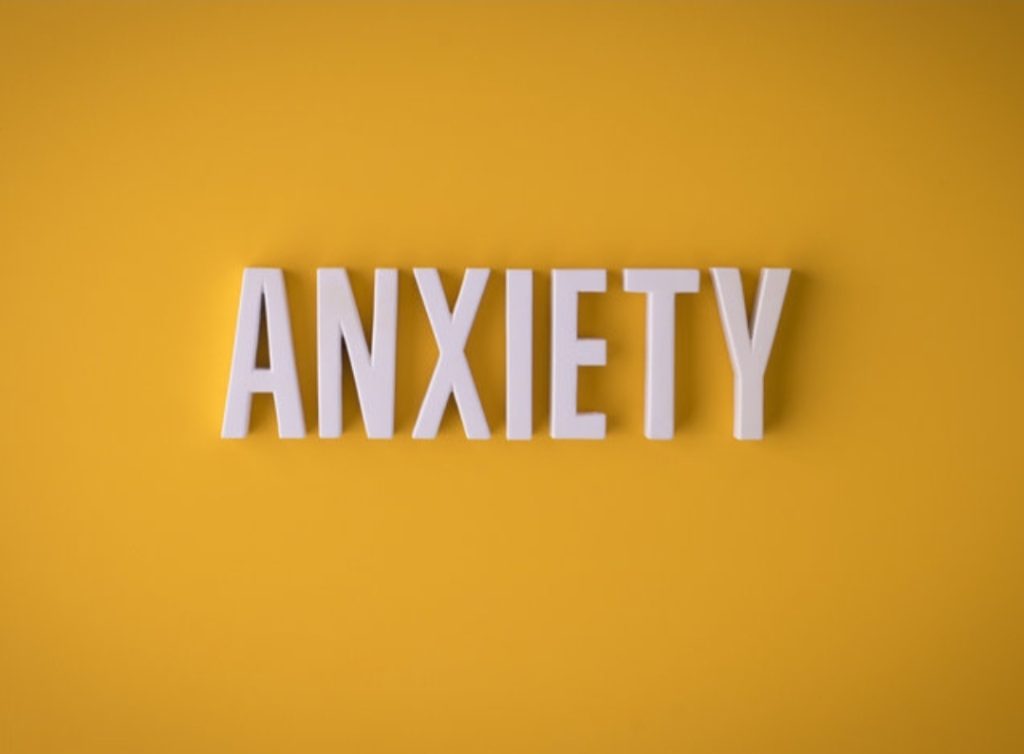Unfortunately, disappointment is a part of life. It often occurs as a result of expecting something to happen that does not for whatever reason. It leaves people feeling frustrated, sad or upset. The COVID-19 pandemic resulted in lots of cancellations, including family events and professional endeavors. Think about some of the things you were looking forward to this year. Maybe it was a concert, a big presentation or an annual trip with friends. Now, think about how you felt when you had to cancel your plans or when you knew the event would not happen. You likely felt frustrated, upset, or a host of other emotions. Now, think about everything your child was looking forward to that did not or will not happen as a result of the pandemic. No one is more impacted and having more of a difficult time dealing with disappointments as a result of the pandemic than they are. But wait! Disappointment is not all bad. In fact, it can be a good time for children to build resiliency and learn ways to manage feelings related to things they cannot control. Here are some of my ideas for parents in order to help kids cope with disappointment:
Allow Them to Feel the Disappointment
Children’s brains are not fully developed and cannot entirely grasp what’s happening. In fact, the human brain is not fully developed until one is in their 20s, usually around the age of 25. They cannot always see why or care that something is being canceled or postponed for their protection. Allow them some time and space to feel and express their disappointment, sadness or anger. And do so in a way without judgement and without trying to tell children how to think or feel.
Help Them Express Exactly Why They Are Disappointed
While allowing children time and space to express their feelings is great, parents will also want to help children identify why they feel this way. Doing so may help them to make a mind-body connection to what is going on and will be beneficial in helping children build insight into exactly what happened that led to how they feel. Have them share what the worst thing about the situation is, why they think these things are happening, what they feel they can do about it, etc.
Normalize Their Feelings
It is okay and normal to feel disappointment when something your child(ren) hoped for and may have worked toward does not happen. Let your child(ren) know disappointment is expected and everyone goes through it. You can also express how you feel in a healthy way. Such as: “I was looking forward to seeing you perform the lead role in that play, too.”
Be sure that when you express disappointment and/or fear during the COVID-19 pandemic that you focus on how you feel without igniting more anxiety, fear or disappointment in your children and without switching the focus onto yourself. Sharing your feelings related to changes taking place helps normalize how they feel and lets them know everyone is adjusting and that they are not alone in this.
Provide Comfort
Resist the urge to diminish their feelings and simply let them express themselves providing reassuring or comforting words and acknowledging how hard they worked toward or how much they wanted to participate in the event(s) now canceled.
Help Them Accept What They Cannot Change
After children take time to share their feelings and process them, parents can help them accept things that are out of their control. Quotes, scriptures and mantra can be helpful. Some examples include:
Quote: “When we focus on gratitude, the tides of disappointment goes out.” – Kristin Armstrong
Scriptures: Philippians 4:6-7, Psalm 34:18 or Proverbs 3:5
Mantras: “This too shall pass,” or “I can, and I will get through this”
Teach Them How to Manage Disappointment
Helping children learn how to cope with disappointment rather than rushing to fix or smooth things over for them allows your children to take responsibility for managing how they feel on their own. Some self-calming techniques children can use to deal with disappointment include:
- Focusing on gratitude
- Engaging in deep-breathing techniques
- Listening to music
- Using visual techniques
- Physical and kinetic activities
- Expressive experiences
Modeling what you hope to see in your child goes a long way also. For example, with all of the closures, cancellations and postponements taking place, something is bound to affect you or your schedule as well. When children see you handling these changes well, it will give them permission to handle theirs well too.
Come Up With an Alternative Plan
For many kids, extracurricular activities help them relieve stress, experience a sense of joy, foster healthy self-esteem and/or provide social interaction. Therefore, have plans in place to help children better adjust to changes as a result of COVID-19. Providing fun physical activities, engaging alternative activities, relaxing tasks and social engagements can help keep them occupied. However, while face-to-face social interaction may need to be reduced, children can stay connected to family and friends via technology by using video chats. Some video games have the capacity for children to talk to other players, which can also help them stay connected to their peers while interacting in the video game.
Join me for Her Parenting Place as we talk about managing your children’s disappointment related to the COVID-19 pandemic and to do so in a way that helps them build resilience. We meet every 4th Tuesday at 7:30 pm CT.
Our Her Nexx Chapter Community invites you to join us where women are connecting with each other’s stories, exploring different experiences, and transforming ideas.
The Future of Connection for Women
- Your Last-Minute Plan for Balance During the Holidays - December 22, 2020
- You NEED a Self-Care Toolbox in Your Life - November 17, 2020
- Positive Parenting Tips - October 20, 2020
Follow us:







